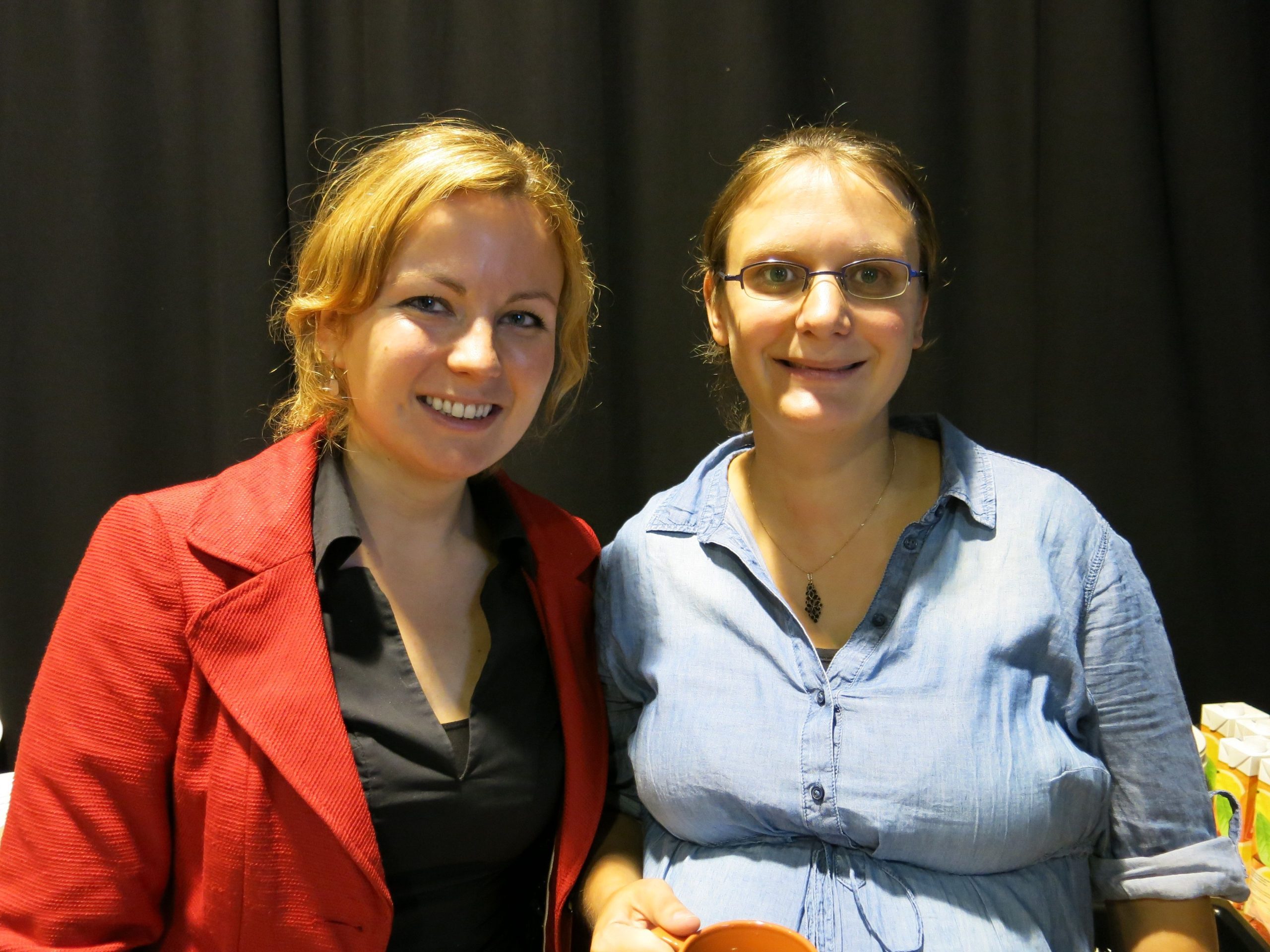At the Delft Women in Science (DEWIS) lunch this week, two TU Delft professors shared about their experience with gender issues in academia both here and abroad.
Dr. Nancy Bocken and Dr. Liedewij Laan, both recipients of the TU Delft Technology Fellowship, agreed that progress has been made for women in science, but there are still many gaps in the system.
Associate Professor in the Faculty of Industrial Design Engineering (IO), Dr. Bocken also holds a part-time position as Senior Research Associate at the University of Cambridge in the United Kingdom. Her talk focused on the number of women in science at both universities. “The data shows that when people start research careers, genders are somewhat balanced,” she said. “But it starts to decline between research positions and professorships.”
At Cambridge, Bocken said there are very few women in high level positions. At the same time, women dominate in teaching support positions. Likewise, at TU Delft there is still a lot of inequality. She noted that the IO faculty has some of the best statistics regarding females with 47.4% in full time positions (FTEs) and 17.2% as professors. Her data also showed that the aerospace faculty has one of the lowest numbers with 12.3% FTEs and only 6.4% professors. In addition, Bocken’s data showed that men seem to seek out career advancement more than women. “This suggests that women should be more proactive and take ownership of their careers,” she said.
Dr. Laan, Assistant Professor in the Faculty of Applied Sciences, spent four years as a post-doc at Harvard University in the United States. “In the US there is much more awareness of implicit biases,” she said. Harvard actively recruits female professors and students, Laan said, noting that a quarter of PhD candidates in physics were women.
“I always thought it would be easier as a woman in the Netherlands until I went to the US and got all kinds of data,” said Laan. She feels that the system in the US acknowledges that there is a problem and is more proactive about taking steps to address it. “In the Netherlands there is still a strong bias that a scientist is an old white male,” she said.
Bocken and Laan, along with other female scientists at TU Delft, are pushing for change. One example is with tenure track positions and maternity. The system currently allows five years to achieve tenure, but they would like to see one year added for women who have a child during that time. They say the good news is that people are listening. “TU Delft administration is very serious and dedicated to considering maternity issues,” said Laan.
Both Laan and Bocken agreed that it is harder for women to succeed in science. As for advice for other female scientists, Laan simply said, “Don’t let anyone tell you it’s not possible, just try, you might even surprise yourself.”
Heather Montague / Freelance writer



Comments are closed.